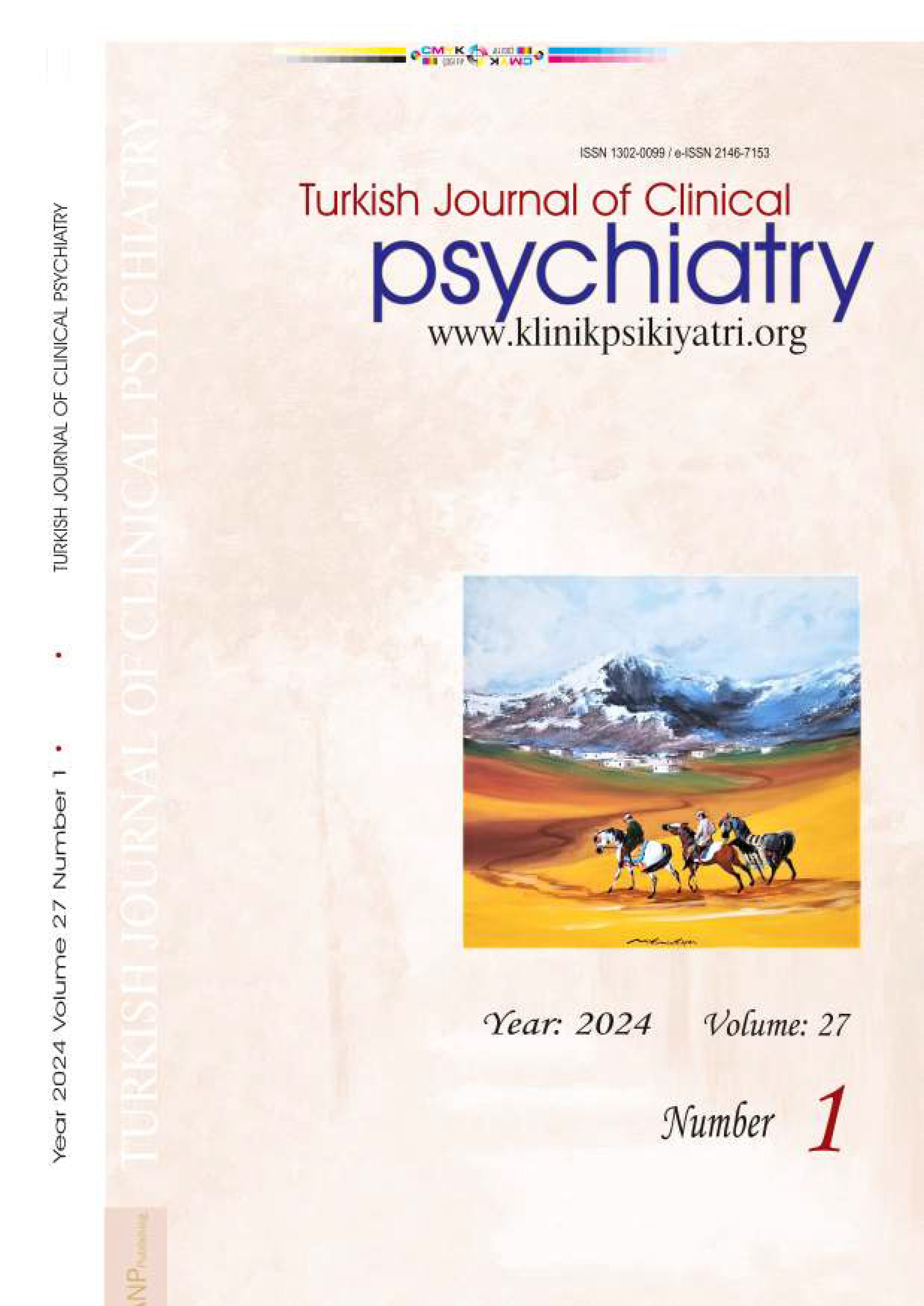
The Examination of the Relationship Between Perceived Parental Acceptance- Rejection and Anger Expression Styles and Depressive Symptoms
Merve Kılıç Yıldız, İhsan DağHacettepe University, Department of PsychologyINTRODUCTION: The aim of this study was to investigate the relationships among perceived parental acceptance rejection levels with anger levels, anger expression styles, and depressive symptoms of university students.
METHODS: For this purpose, Parental Acceptance-Rejection Inventory, The State-Trait Anger Scale, and Beck Depression Inventory were administered to 366 Hacettepe University undergraduate and graduate students (185 women, 181 men) (X= 21.11; SD=3.57).
RESULTS: The t-test, correlation and regression analysis revealed that there are no gender difference, except two, in perceived parental acceptance-rejection levels, anger levels, and anger expression styles, and depressive symptom levels. The perceived warmth by the mother is significantly higher for males than females, and the female’s anger levels is higher than the anger levels of males. Also, it’s found that the levels of parental acceptance rejection predicts depressiveness, especially, the perceived parental rejection by the father predicts depresiveness. When the subscales of the perceived parental rejection were examined one by one, it’s found that the total rejection level by the father, and by the mother predict depressiveness. Moreover, when the levels of the parental acceptance rejection were examined, it’s found that the best predictor of the extraversive expression of anger, and the control of anger is the hostility/aggression levels by the father; if the perceived hostility/aggression by the father increases, the extraversive expression of anger also increases and the control of anger decreases.
DISCUSSION AND CONCLUSION: The results largely supported of the related literature.
Algılanan Ebeveyn Kabul-Reddinin Öfke İfade Tarzı ve Depresif Belirtiler ile İlişkisinin İncelenmesi (tur)
Merve Kılıç Yıldız, İhsan DağHacettepe Üniversitesi, Psikoloji BölümüGİRİŞ ve AMAÇ: Bu çalışmada üniversite öğrencilerinin algıladıkları ebeveyn kabul veya red düzeyi, sürekli öfke düzeyi, öfke ifade tarzları ve depresif belirti düzeyleri arasındaki ilişkilerin incelenmesi amaçlanmıştır.
YÖNTEM ve GEREÇLER: Bu amaçla Hacettepe Üniversitesi’nde lisans ve lisansüstü düzeyinde okumakta olan 366 kişiye (185 kadın, 181 erkek) (X= 21.11; SS=3.57) “Ebeveyn Kabul veya Red Ölçeği ”, “Sürekli Öfke ve Öfke İfade Tarzı Ölçeği’’ ve “Beck Depresyon Envanteri” uygulanmıştır.
BULGULAR: Çalışmada erkeklerin annelerinden algıladıkları sıcaklık düzeyi, kadınlara göre daha yüksek bulunmuştur. Ayrıca, kadınların sürekli öfke düzeyleri erkeklerden daha yüksek bulunmuştur. Ebeveyn kabul veya red düzeyinin depresyonu yordadığı, özellikle de babadan algılanan red düzeyinin belirleyici olduğu tespit edilmiştir. Ebeveynlerden algılanan reddin alt boyutları tek tek incelendiğinde, annenin ve babanın toplam red düzeyinin çocuklarının depresiflik düzeyini pozitif yönde yordadığı sonucuna varılmıştır. Ayrıca algılanan baba kabul ve reddi düzeyleri incelendiğinde, öfkeyi dışa dönük ifade etmeyi ve öfke kontrolünü en belirleyici yordayan değişkenin düşmanlık/ saldırganlık olduğu gözlenmiş ve babadan algılanan düşmanlık/saldırganlık arttıkça da öfke kontrolünde azalma olduğu görülmüştür.
TARTIŞMA ve SONUÇ: Bulgular, ilgili alanyazında yer alan sonuçları büyük ölçüde desteklemiştir.
Corresponding Author: İhsan Dağ, Türkiye
Manuscript Language: Turkish
(2081 downloaded)




